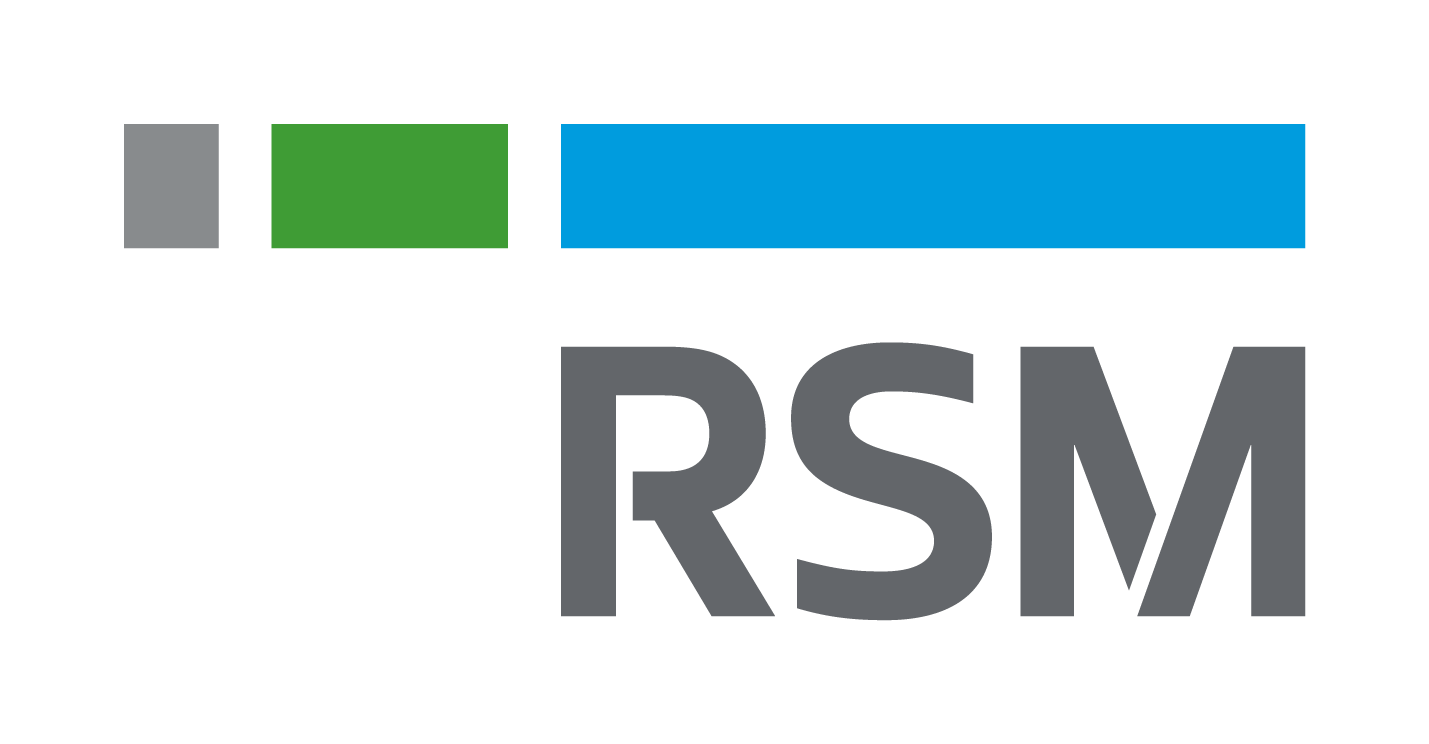Will employers in Japan be subject to penalties if they are hired without knowing they are illegal workers?
May 2, 2023
Employers can face penalties for hiring undocumented workers, even if they were unaware of their status.
Foreign nationals residing in Japan are typically granted a specific status of residence based on their intended activities. They are permitted to stay in Japan and engage in designated activities within the authorized scope of their residency status. However, if a foreign national works in Japan without the appropriate work-related residency status, it is considered “illegal employment.” Individuals engaging in such activities are referred to as “illegal workers,” and their actions can lead to deportation from the country. Deported foreign nationals may also be prohibited from re-entering Japan for a certain period of time.
Hiring an illegal worker – Penalties for promoting illegal employment
If an employer hires and allows an illegal worker to work, they can be charged with facilitating illegal employment under the Immigration Control and Refugee Recognition Act (Article 73-2.) The same rule applies even if the employer was unaware that the hired individual was an undocumented worker. Penalties will also apply to the Illegal workers themselves.
Immigration Control and Refugee Recognition Act (Article 73-2)
(1) A person falling under any of the following items is punished with imprisonment for not more than 3 years or a fine not exceeding 3 million yen, or is to be subject to the cumulative imposition of imprisonment and a fine:
(i) a person who has a foreign national engage in illegal work in relation to their business activities; or
(ii) a person who places a foreign national under their control for the purpose of having the foreign national engage in illegal work;
(iii) a person who arranges on a regular basis for a foreign national to engage in illegal work or who makes arrangements for the act set forth in the preceding item.
The following are specific examples of cases that may result in penalties for promoting illegal employment:
- Hiring and allowing illegal workers or individuals subject to deportation to work.
- Employing foreign nationals without valid work permits.
- Allowing foreign nationals to work beyond the activities permitted under their residency status.
In Case 1, employers hire foreign nationals who are not permitted to stay in Japan, such as illegal entrants or overstayers.
In Case 2, employers hire foreign nationals who are not authorized to work, including individuals under the categories of “Temporary Visitor,” “Student,” or “Dependent” (excluding those with part-time work permits known as “Permission to engage in activity other than that permitted under the previously granted residency status”).
In Case 3, employers hire foreign nationals under the “Engineer/Specialist in humanities/International services” residency status and assign them to blue-collar work in manufacturing industries, such as factory work. Blue-collar work refers to tasks that generally do not require specific knowledge or skills and can be performed after a short period of training.
What if an employer is unaware that a foreign worker is undocumented?
It’s important to note that penalties will not be waived for employers found to be fully negligent or liable, even if they were unaware of the worker’s undocumented status.
However, if the employer is deemed not to be negligent (for example, if the foreign national intentionally provided an elaborately forged residence card and deceived the employer, or if there were no indications that the employer was aware of the situation), the employer’s liability and/or accountability may not be questioned.







